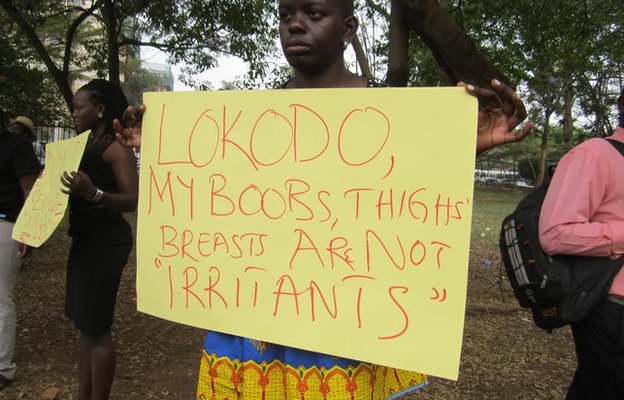By Brandon R. Cottrell
Impunity Watch Reporter, North America
WASHINGTON, D.C., United States – Two former Guantanamo Bay detainees, Nizar Sassi and Mourad Benchallali, who filed a lawsuit alleging torture and mistreatment while at Guantanamo, have asked that retired major general Geoffrey Miller, who was the commander of the prison, be subpoenaed.

In an expert report that accompanied their lawsuit, Sassi and Benchallali say that Miller “authorized a systematic plan of torture and ill-treatment on persons deprived of their freedom . . . [and] the basic rights of any detainee.”
According to the lawyers for Sassi and Benchallali, the acts performed “constitute[d] torture and violate, at a minimum, the Geneva Conventions prohibition on coercive interrogations.” As such, Miller “bears individual criminal responsibility for the war crimes and acts of torture inflicted on detainees in US custody.”
Sassi and Benchallali, who were detained from 2001 to 2004 likely suffered from the “enhanced interrogation techniques” that the Bush administration had approved. Such techniques included “placing detainees in stress positions, stripping them, isolating them for extended periods of time, and exposing them to extreme heat and cold.” Miller allegedly continued to use these techniques even after then Secretary of Defense Donald Rumsfeld withdrew permission to use those techniques.
The United States has not responded to this subpoena. Additionally, in January 2012, Sophie Clement, the investigating magistrate, requested access to relevant documents and for permission to interview those who had contact with Sassi and Benchellali—that request has yet to solicit a US response.
Katherine Gallagher, a staff attorney at the Center for Constitutional Rights, said, “that high-level US officials alleged to bear responsibil[ity] for torture continue to enjoy impunity domestically is a stain on the US system of justice.” She also praised France as a “venue that is willing to investigate torture and assist in providing some measure of justice to the torture survivors.”
Reports of torture at Guantanamo Bay were first brought to the international community’s attention when the International Committee of the Red Cross carried out an investigation, that including interviewing over five hundred individuals. Their report voiced concern over the lack of a legal system for the inmates and the excessive use of isolation and steel cages and ultimately concluded that the prison had “too much control over the basic needs of detainees.”
For further information, please see:
FIDH – Former Guantánamo Detainees Urge French Judge to Subpoena Former Guantánamo Commander for Role in Detainee Torture – 26/2/14
Global Post – Ex-Guantanamo Detainees Ask French Judge To Probe Torture – 26/2/14
Huffington Post – French Judge Asked To Continue Investigation – 26/2/14
Russian Times – Former Gitmo Inmates Urge French Judge To Probe Systematic Torture – 27/2/14



